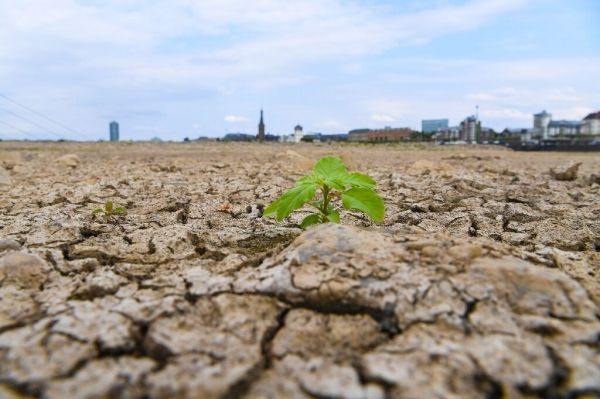Europe, North America and parts of Asia can expect not just more intense but also longer lasting periods of heat, drought and rain during summer as the planet warms, worsening impacts on health and agriculture, according to a study led by researchers from Climate Analytics and Humboldt-Universität zu Berlin (HU).
The study, published in journal Nature Climate Change, also shows that limiting global warming to 1.5°C above pre-industrial levels in line with the Paris Agreement would largely avoid these additional impacts. This is the first study to show that the persistence of relatively warm, dry and rainy summer periods would increase in the temperate zone of the northern hemisphere if global temperatures rise by 1.5°C and 2°C above preindustrial levels, compared with today’s climate.
As the world warms, the number of hot days increases; so hot periods would be expected to get longer. However, this study looked for something on top of that – to see whether days that are hotter than average in the new, warmer climate cluster together. The study showed that they do; the increase in warm persistence the researchers identified comes on top of what would be expected simply from the higher average daily temperature, further lengthening the duration of future hot spells.
Continue reading at Humboldt University of Berlin
Image via CC0 Creative Commons


